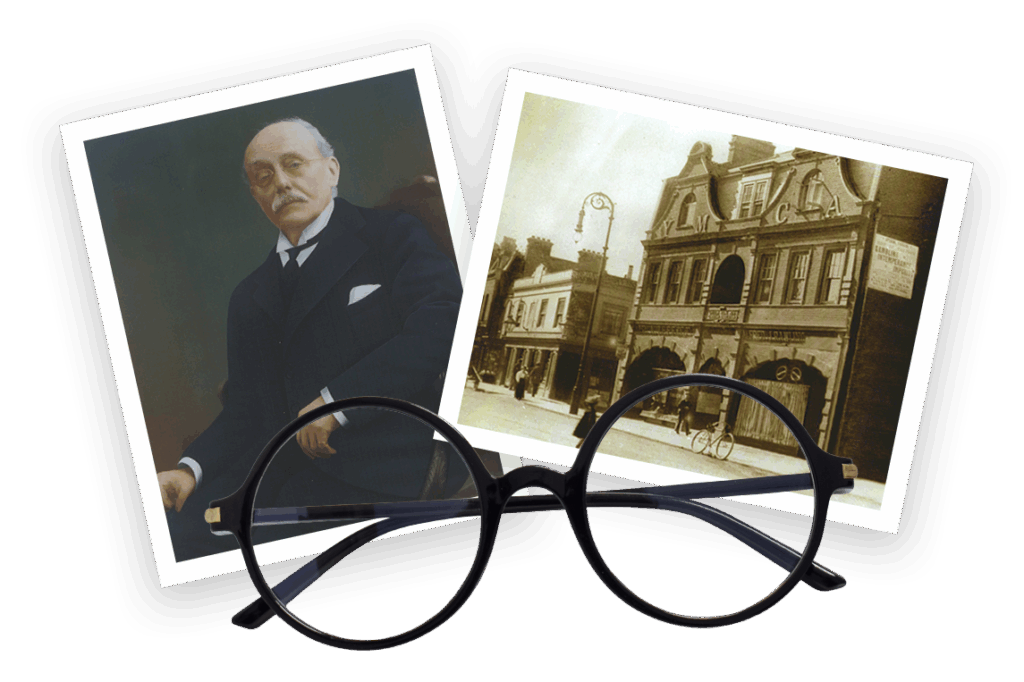
Rawlings is a long-established independent business serving the communities of twelve towns in Hampshire and Surrey, where we have built a strong reputation for the quality of our professional expertise and service.
Rawlings & Sons (Opticians) Limited is registered in England and Wales No 02862381. Rawlings & Sons (Opticians) Limited are a credit broker and not a lender. We offer credit products from Mitsubishi HC Capital UK PLC trading as Novuna. Rawlings & Sons (Opticians) Limited is authorised and regulated by the Financial Conduct Authority FRN 990854. Credit subject to age and status. Finance is only available for audiology products The interest free plans which are repayable within 12 months and in no more than 12 instalments are not regulated by the Financial Conduct Authority. Unregulated plans are not covered by the Financial Ombudsman Service.
© Rawlings Opticians 2026 Contact | Privacy Policy | Feedback | FAQ | Complaints | Disclosure Statement | Cookies Policy
Contact | Privacy Policy | Feedback | FAQ | Complaints | Disclosure Statement | Cookies Policy
© Rawlings Opticians 2026